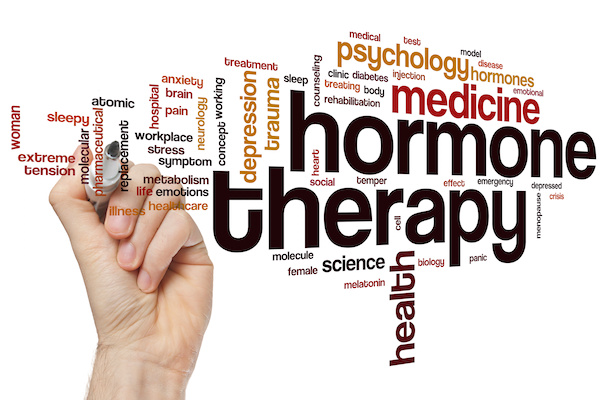
TUESDAY, March 19 (HealthDay News) — Taking estrogen pills increases a menopausal woman’s risk of needing gallbladder surgery to treat complications of gallstones, according to a new study.
But there does not appear to be an increased risk for women who take estrogen through skin patches or gels, called transdermal methods.
The study appears March 18 in the CMAJ (Canadian Medical Association Journal).
Researchers analyzed data gathered from more than 70,000 women in France between 1992 and 2008. In France, transdermal hormone therapy is preferred, while oral hormone therapy (pills or tablets) tends to be favored in North America and the United Kingdom, a journal news release noted.
“Complicated gallstone disease should be added to the list of potential adverse events to be considered when balancing the benefits and risks associated with menopausal hormone therapy,” said Dr. Antoine Racine, of the French National Institute for Health and Medical Research and Paris-Sud University, and colleagues.
These findings support current recommendations for minimizing doses and duration of hormone therapy to treat symptoms of menopause, Dr. Bette Liu, of the faculty of medicine at the University of New South Wales, in Sydney, Australia, wrote in an accompanying editorial.
If hormone therapy is necessary, skin patches or gels may cause fewer side effects than pills or tablets, she added.
“Unfortunately there are no large clinical trials comparing transdermal and oral therapies, and such trials will probably never be conducted,” Liu wrote. “Evidence to guide recommendations on the best route of hormone administration for individual women and prescribers will thus be limited to the growing volume of observational data. These data suggest that the overall risk-benefit of transdermal menopausal hormone therapy makes it a more attractive option than oral therapies.”
Although the study showed a link between oral estrogen medications and gallbladder complications, it did not establish a cause-and-effect relationship.
More information
The U.S. National Institute on Aging has more about hormones and menopause.

